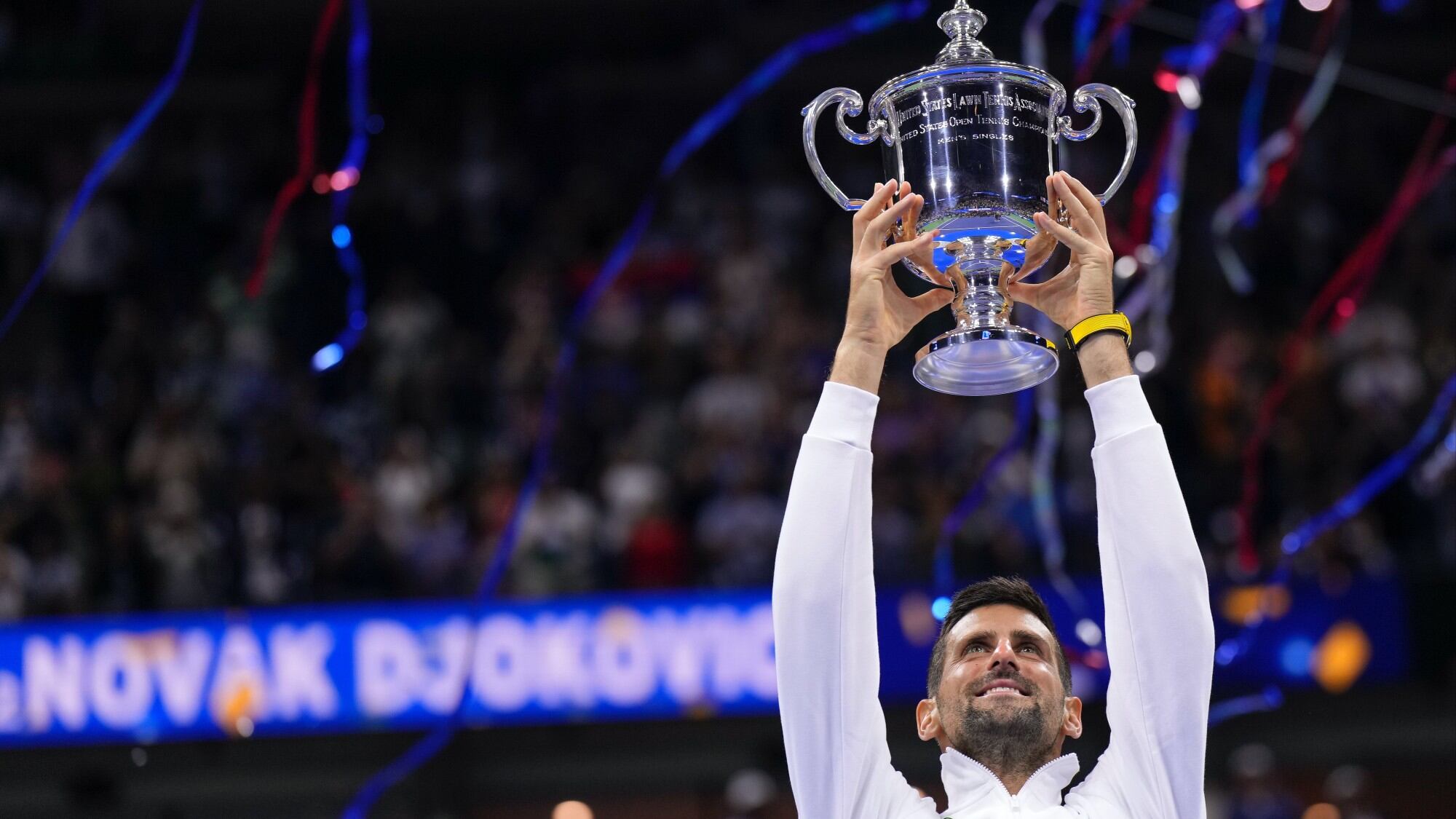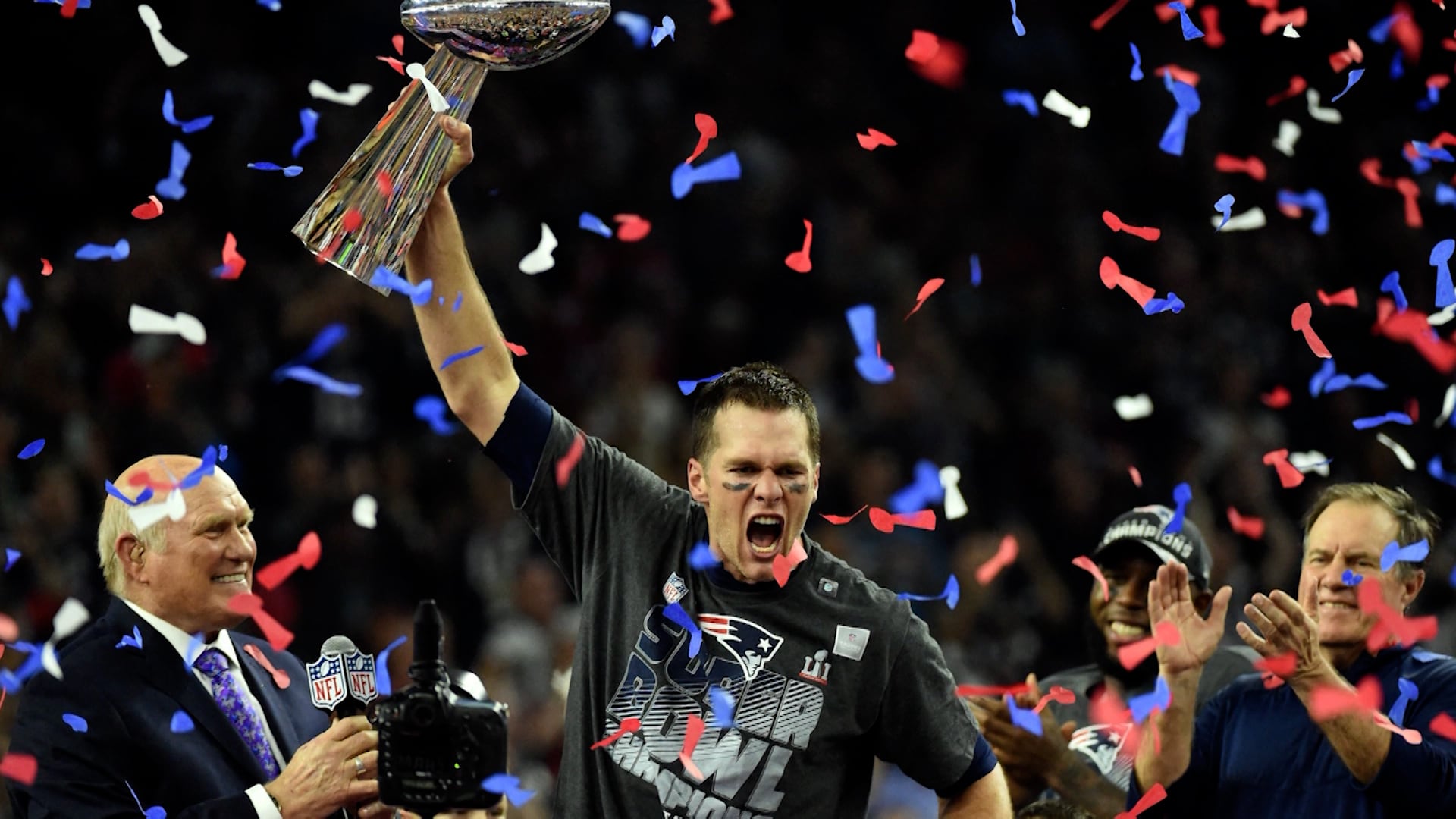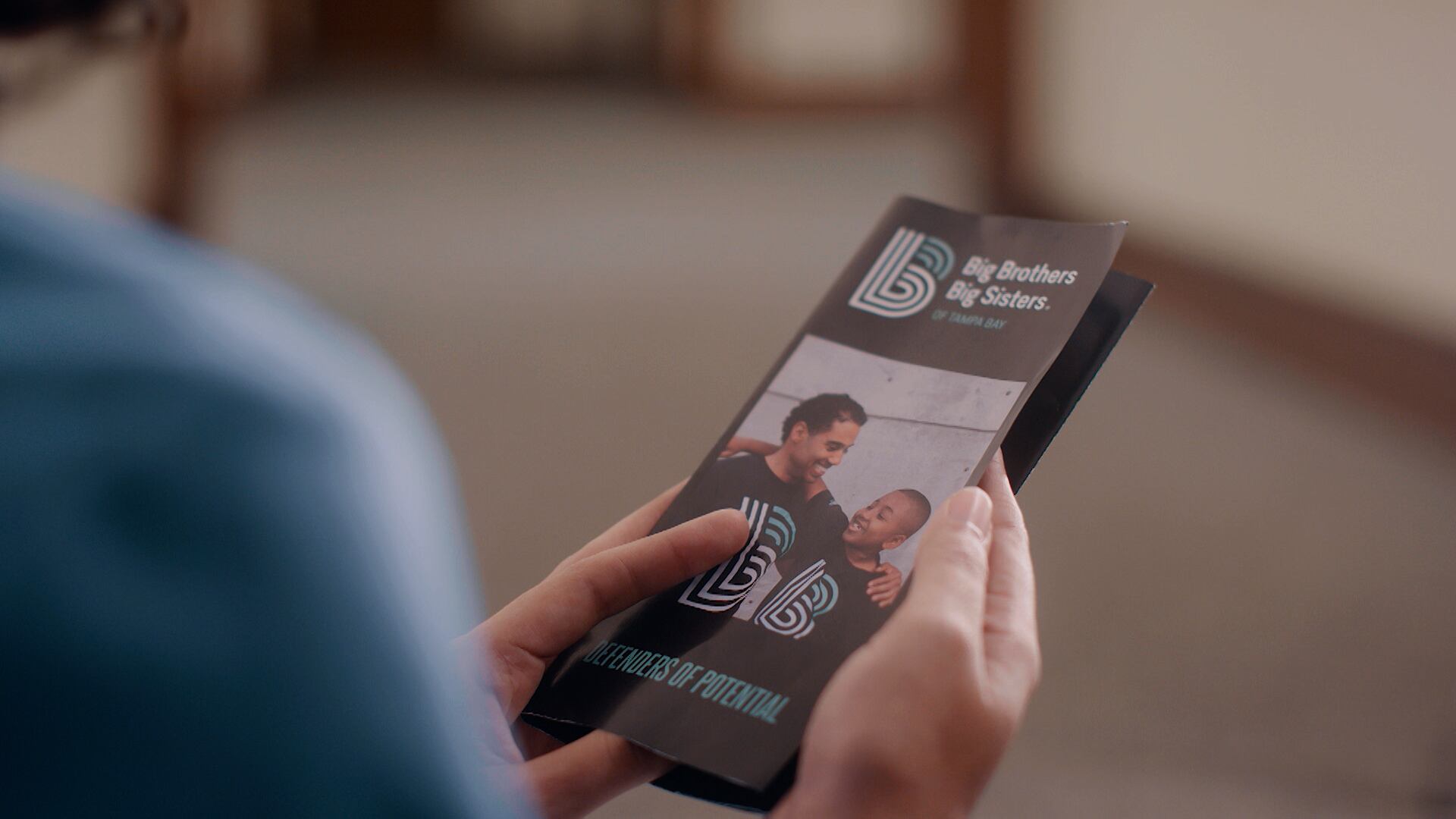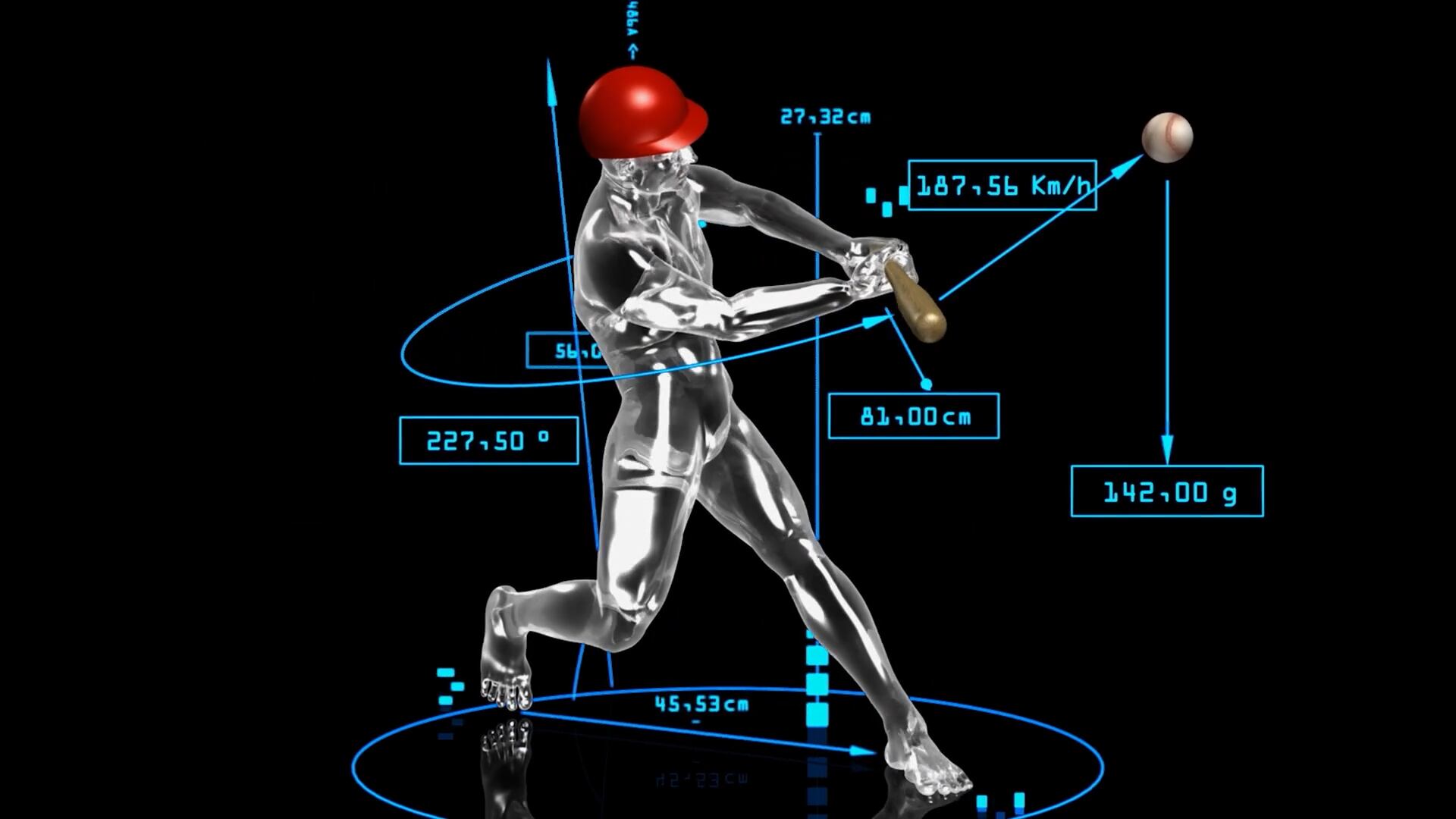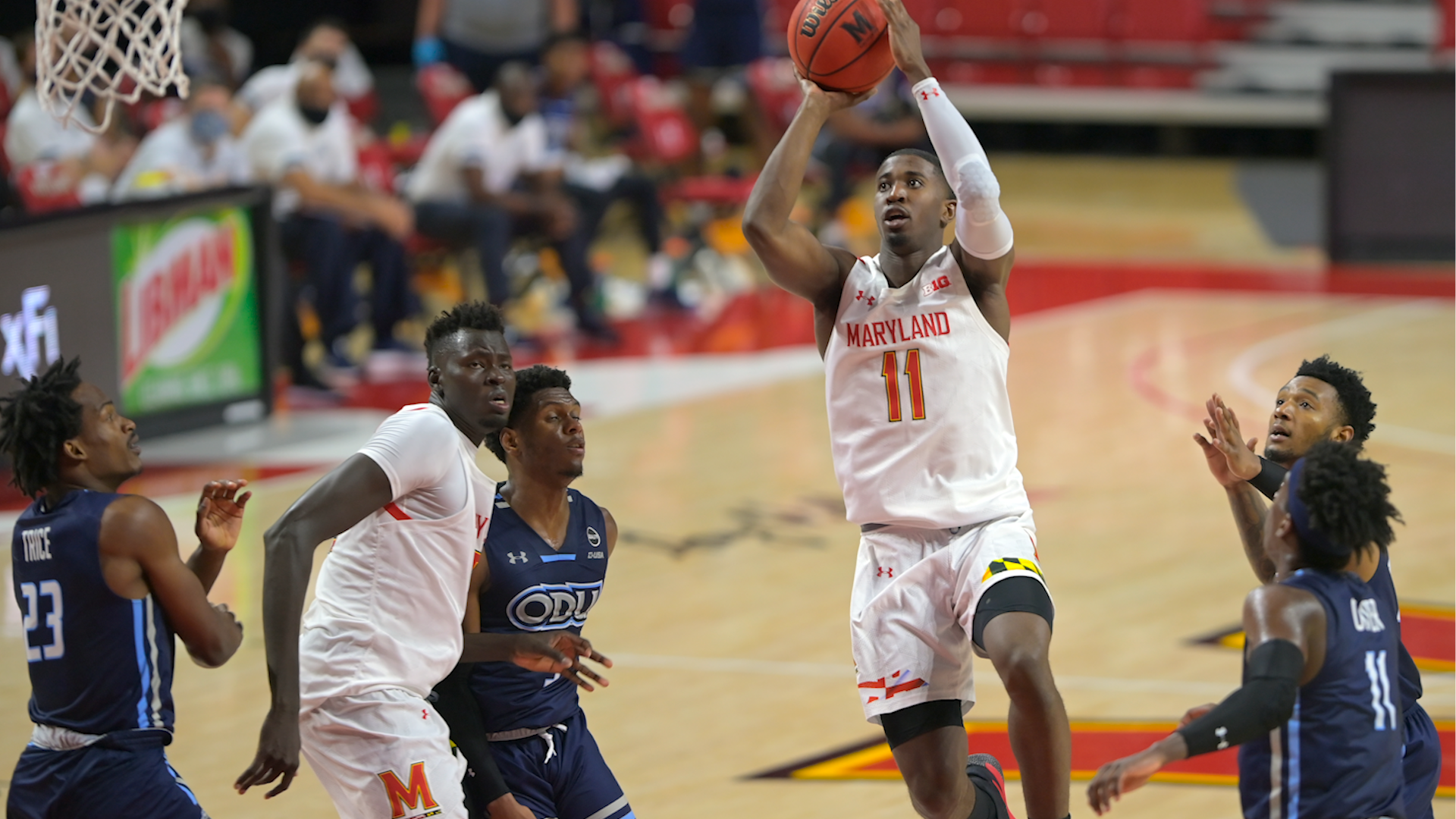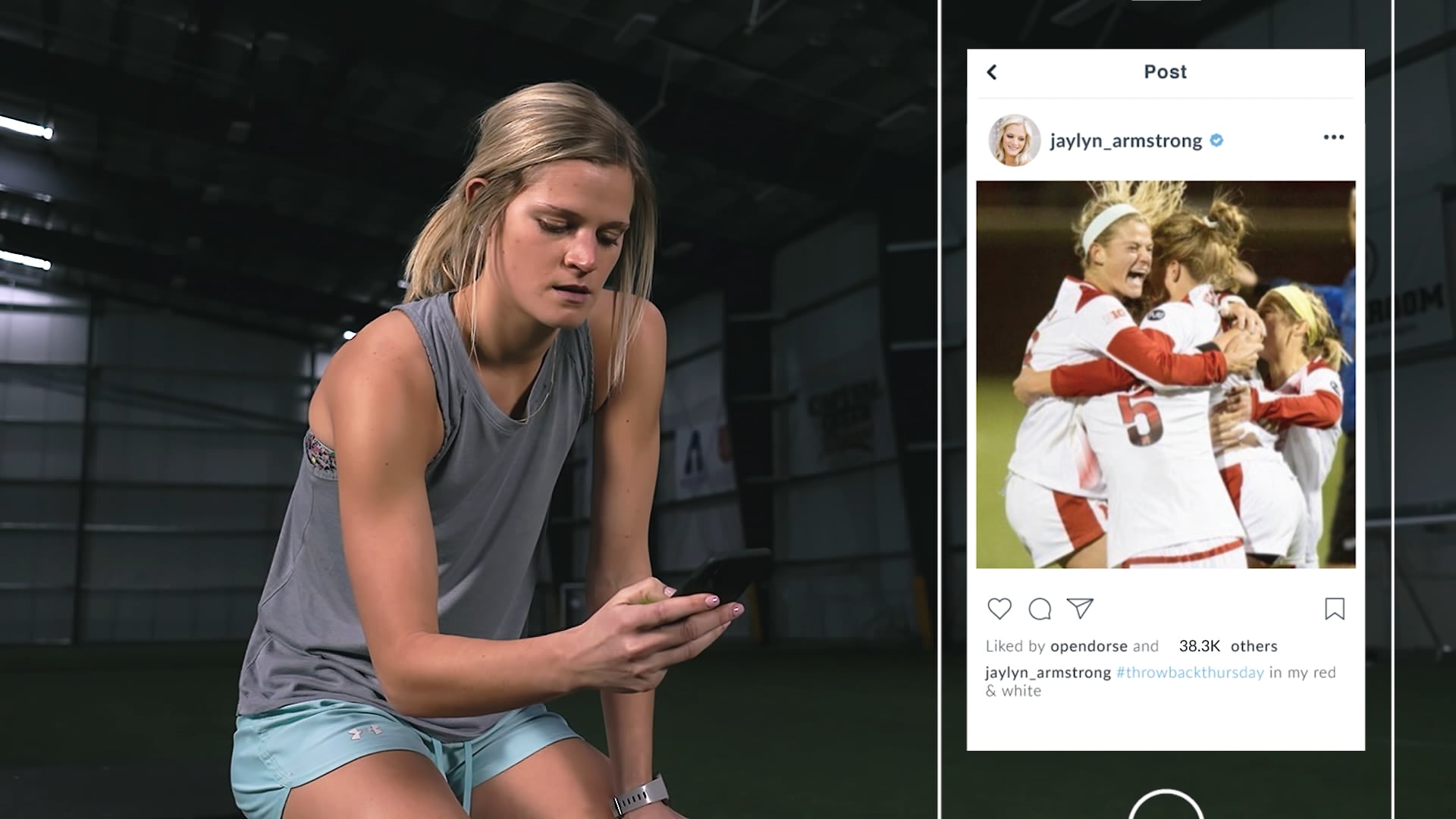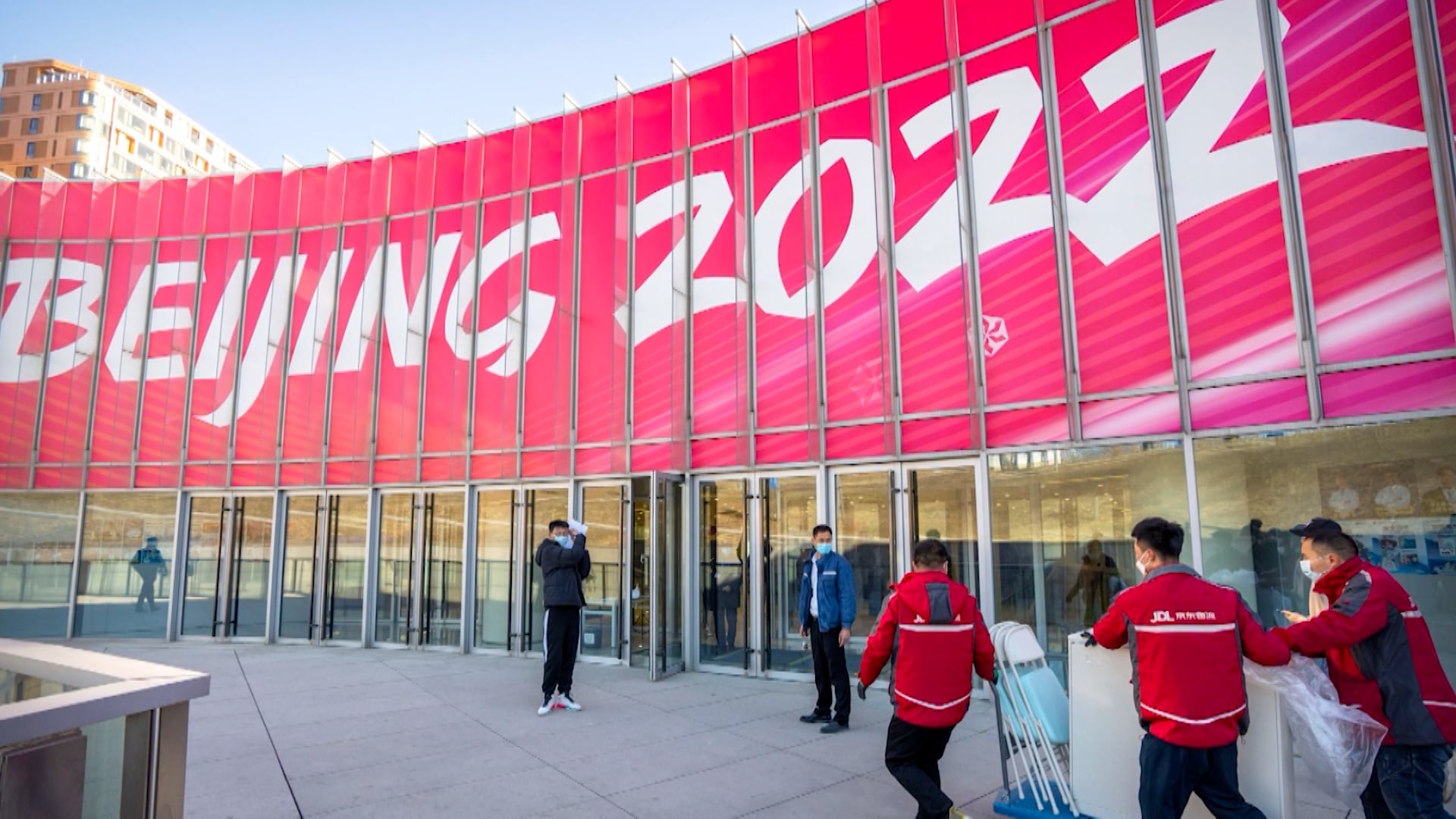By Howard Fendrich
Halfway through a second set that lasted 1 hour, 44 minutes, a test of tenacity as much as talent amid a U.S. Open final as exhausting as it was exhilarating, Novak Djokovic and Daniil Medvedev engaged each other in a 32-stroke point.
It was among many such elongated exchanges between two men whose styles are nearly mirror images, and Djokovic capitulated by netting a backhand. He fell to his back and stayed down, chest heaving. The crowd roared. Djokovic sat up but remained on the ground for a bit. The crowd roared some more, appreciating the effort, saluting the entertainment.
Using every ounce of his energy and some serve-and-volley guile — an old man with new tricks — Djokovic emerged for a 6-3, 7-6 (5), 6-3 victory over Medvedev at Flushing Meadows in New York to claim a historic 24th Grand Slam title on Sunday night in a match more closely contested than the straight-set score indicated.
“I never imagined that I would be here standing with you talking about 24 Slams. I never thought that would be the reality,” said Djokovic, a 36-year-old from Serbia and the tournament's oldest male champion in the Open era, which dates to 1968. “But the last couple of years, I felt I have a chance, I have a shot for history, and why not grab it if it’s presented?”
He moved one major singles title ahead of Serena Williams and is the first player to win 24 in the Open era. Margaret Court also collected a total of 24, but 13 of those came before professionals were admitted to the Slam events.
There were snapshots, particularly in the miniseries of a second set, when it appeared Djokovic was faltering. After some of the most grueling points — and there were many — he would lean over with hands on knees or use his racket for support or pause to stretch his legs. And then, suddenly, he would snap to.
“That’s Novak,” Medvedev said. “No matter what, he can be there.”
There was an inescapable sense, on the part of the participants and any observer, that whichever man succumbed in the second set would be unable to overcome it.
“I don’t think I have ever played a longer set in my life,” Djokovic said.
Medvedev's take on that segment of the match?
“Oh, regrets, for sure,” he said. “Should have won it.”
Medvedev came within a single point of taking that set while returning at 6-5. Djokovic rushed the net behind his serve, and while Medvedev had an opening for a backhand passing shot by hitting it down the line, he instead went cross-court, and Djokovic had it covered. In the tiebreaker, Medvedev led 5-4 before Djokovic grabbed the next three points.
One key adjustment: When Djokovic was looking more bedraggled, he turned to serve-and-volleying, not his usual sort of tactic. He won 20 of 22 points he played that way, and 37 of 44 overall on the points when he went to the net, some with spectacular volleys or half-volleys at angles a pool shark would appreciate.
Medvedev never countered.
“I should have been less stubborn,” Medvedev said.
This was the 27-year-old Russian's fifth major final and he is 1-4, with two losses apiece to Djokovic and Rafael Nadal. The victory came against Djokovic in the 2021 final at Flushing Meadows, stopping a bid for the first men’s calendar-year Grand Slam in more than a half-century.
That weighed on Djokovic.
“I really did my best in the last 48 hours not to allow the importance of the moment and what’s on the line get to my head,” Djokovic said Sunday, “because two years ago that’s what happened, and I underperformed.”
Djokovic’s fourth championship in New York, where he was unable to compete a year ago because he isn’t vaccinated against COVID-19, goes alongside 10 trophies from the Australian Open, seven from Wimbledon and three from the French Open, extending his lead among men. Nadal is next with 22; Roger Federer retired with 20.
When it was over, Medvedev tapped Djokovic on the chest as they talked at the net. Djokovic flung his racket, put his arms up and then knelt on the court, head bowed. Then he found his daughter for a hug. His son and wife came next, along with his parents and his team.
“This is one of the biggest achievements in (sports) history,” said his coach, Goran Ivanisevic. “We’re not talking about tennis. We are talking generally in sports.”
Soon, Djokovic was donning a shirt with “24” and “Mamba Forever” written on it as a tribute to the late NBA star Kobe Bryant, a close friend who wore that jersey number. And on top of that went a white jacket with the same significant number on the chest.
As good as ever, Djokovic went 27-1 in the sport’s most prestigious events this season: The blemish was a loss to Carlos Alcaraz in the Wimbledon final. Djokovic will return to No. 1 in the rankings Monday, overtaking Alcaraz, who was the defending champion at Flushing Meadows but was eliminated by No. 3 Medvedev in the semifinals.
At the start Sunday, with the Arthur Ashe Stadium retractable roof shut because of rain in the forecast, Medvedev seemed jittery, the looping swings of his white racket breaking down repeatedly.
Djokovic, in contrast, was as reliable as a metronome, anticipating nearly everything headed his way and scurrying to retrieve and respond.
Djokovic relies on analytics and a foe’s tendencies. He leans on instinct and a masterful ability to read opposing serves and groundstrokes. On Sunday, his blue shoes carried him right where he needed to be, more often than not, and his contorting, stretching, sliding allowed him to keep the ball in play, when required, and create flip-the-switch offense, too, if desired.
Medvedev plays similarly. Points lasted 25 shots, 35 shots, more.
Was Djokovic perfect? No. But he was good enough throughout, as he so often is. He has won exactly a third of the 72 Grand Slam tournaments he has entered since his 2005 debut, a remarkable rate. That includes gathering trophies at seven of the past 10 majors he entered.
Medvedev joked it's about time Djokovic moved on and let someone else take home some hardware.
Don't count on it, Daniil.
“I’m going to keep going. I feel good in my own body. I still feel I've got the support of my environment, of my team, of my family,” Djokovic said. “Knowing that I play at such a high level still, and I win the biggest tournaments ... I don’t want to leave this sport if I’m still at the top.”
